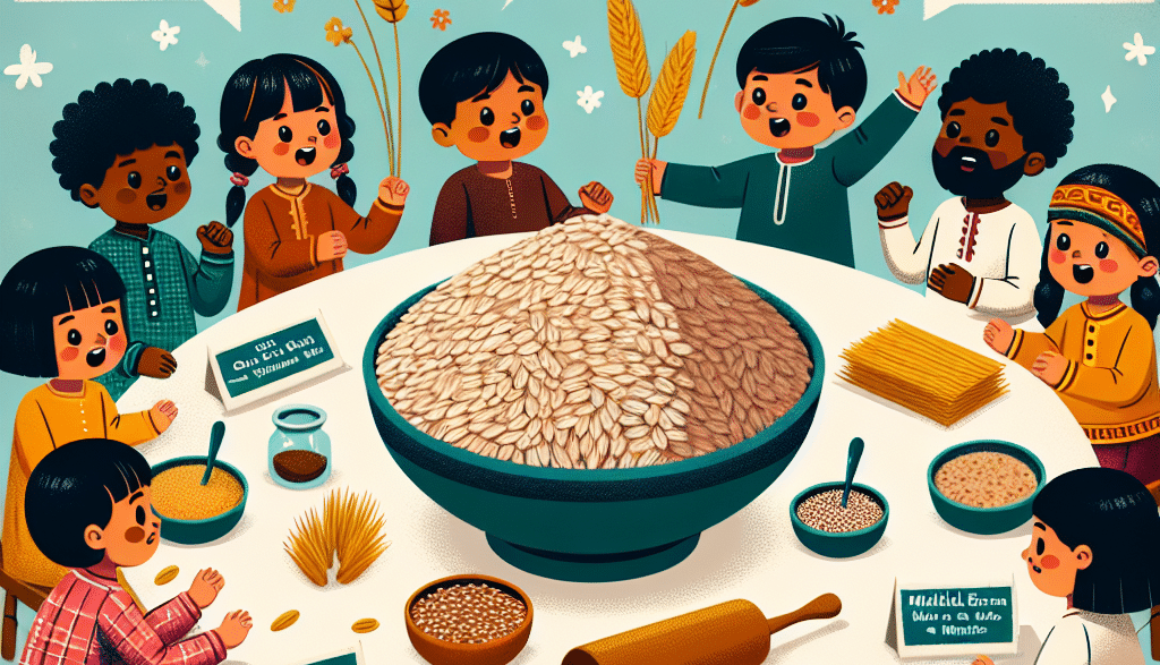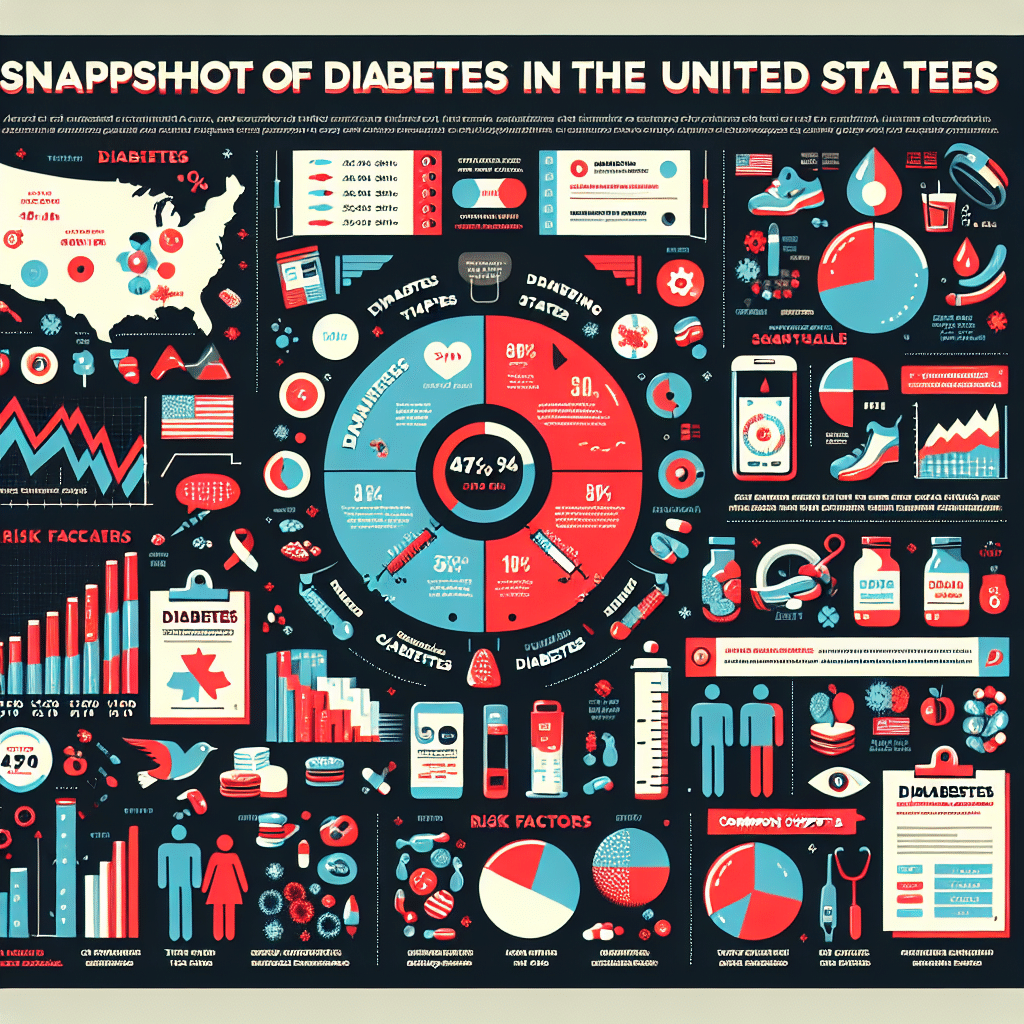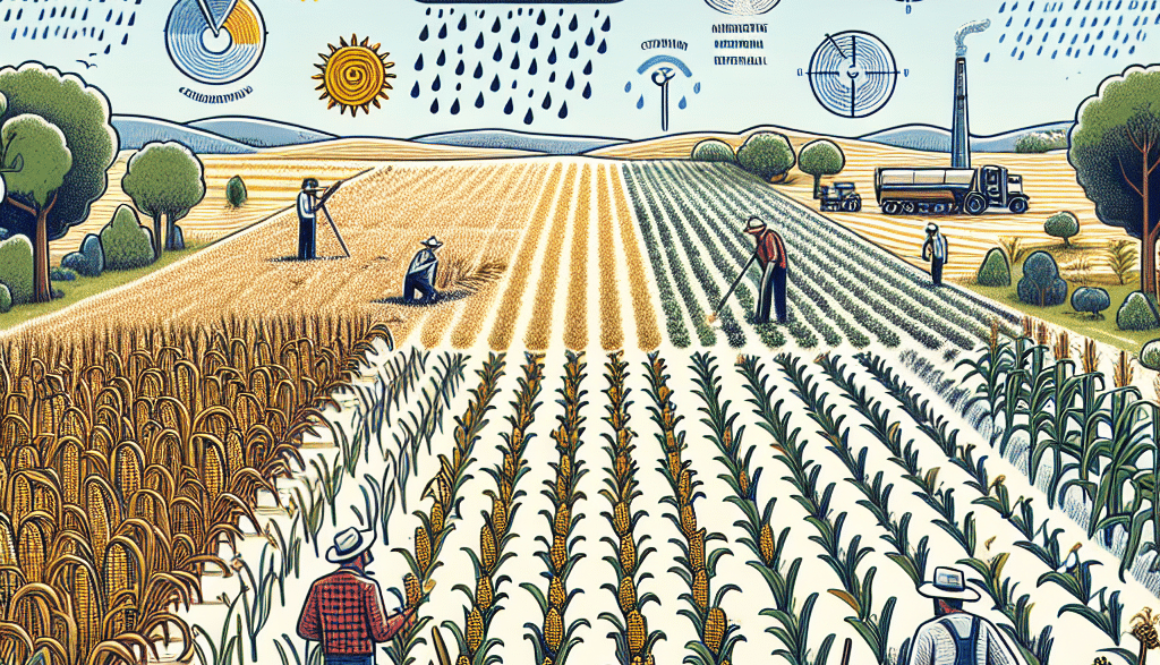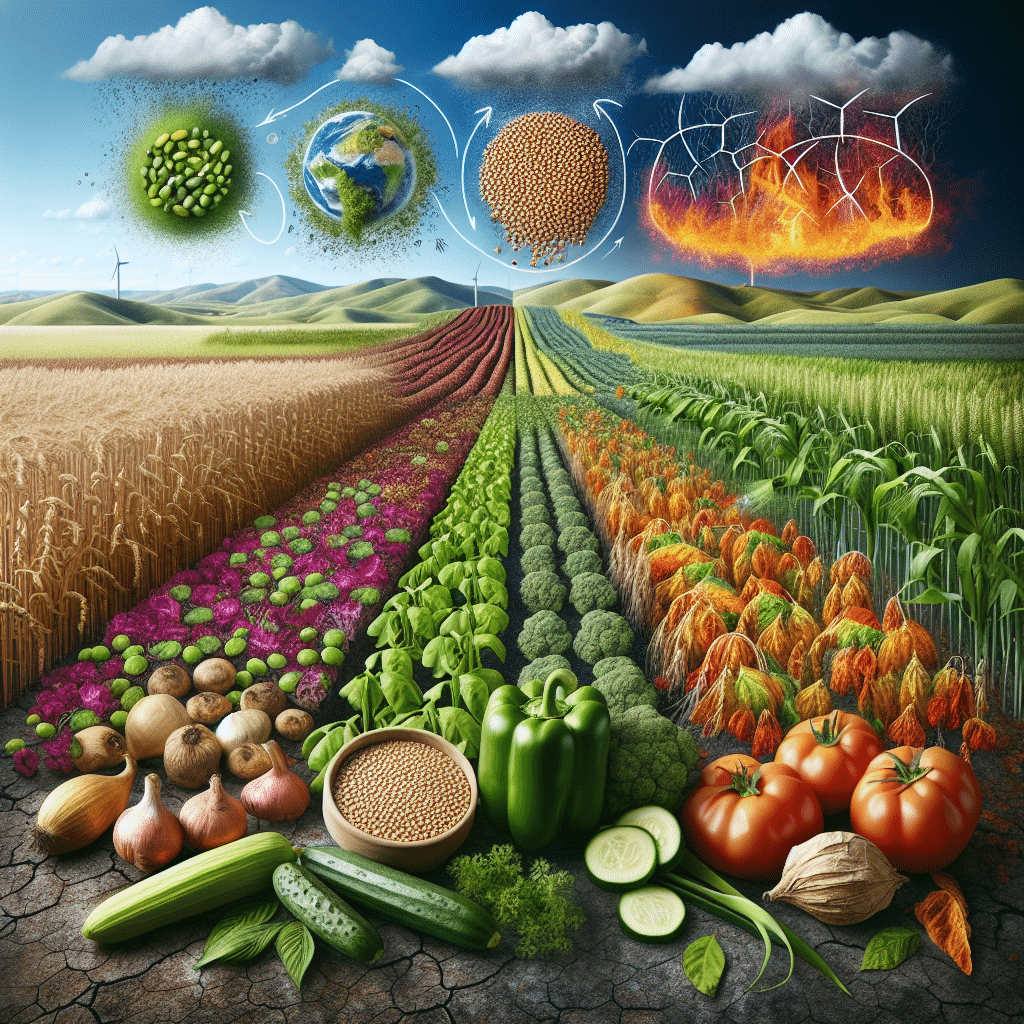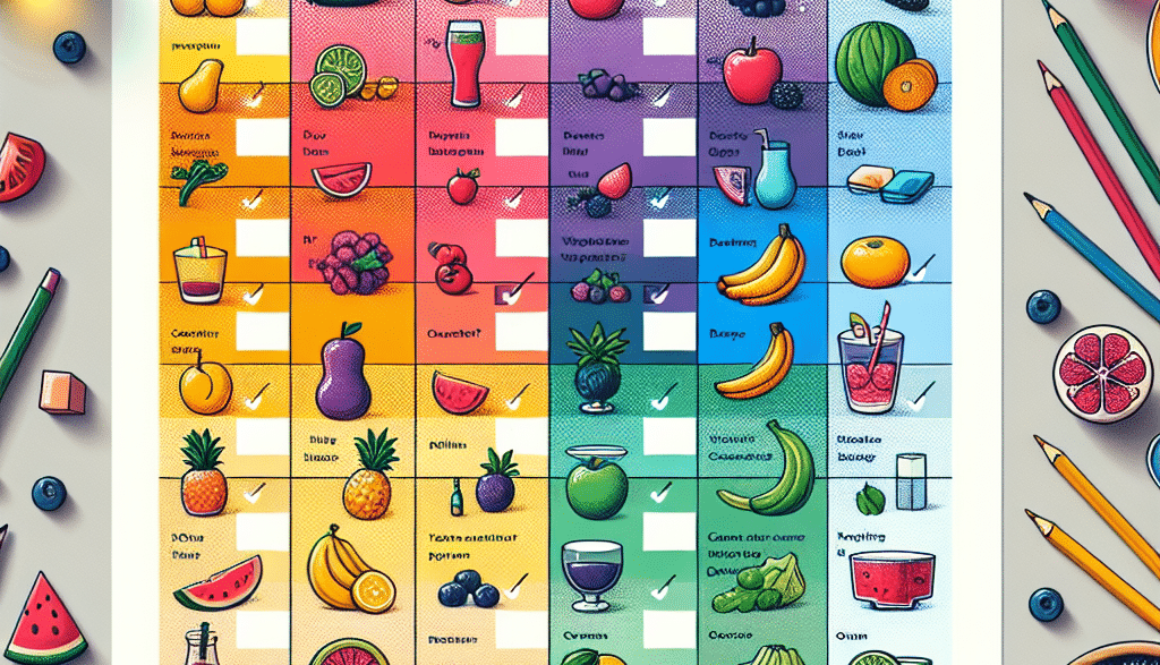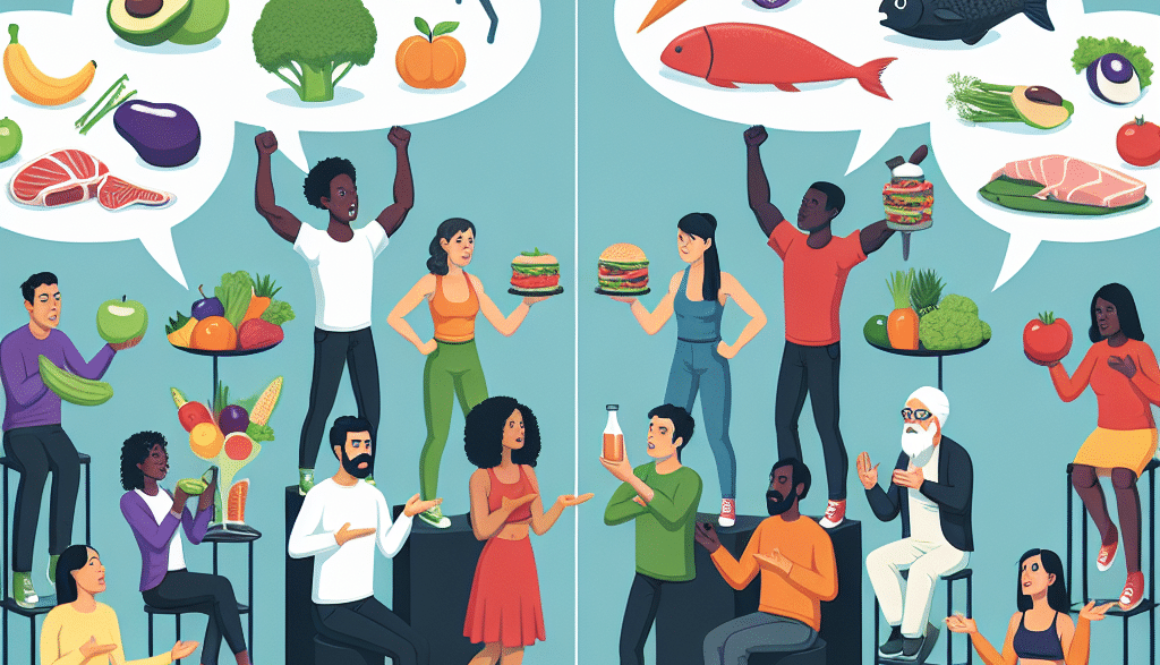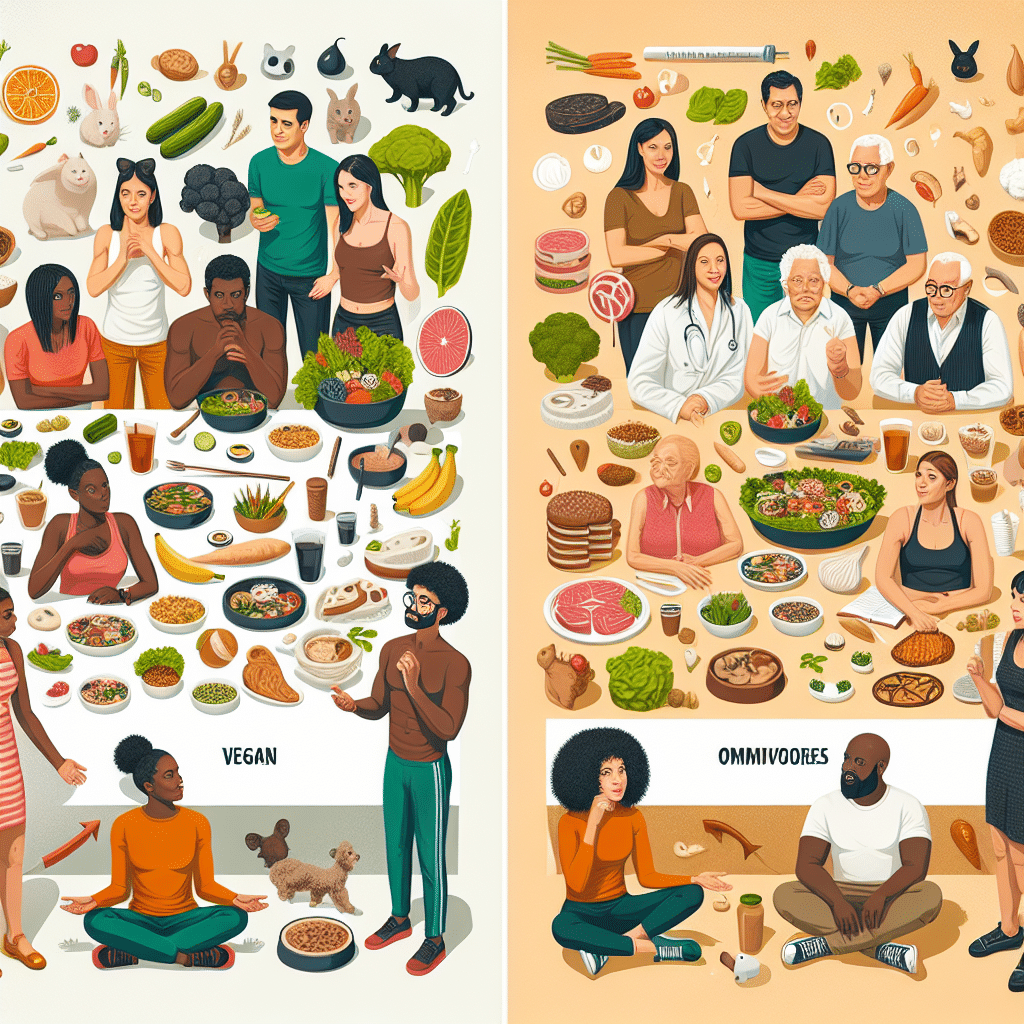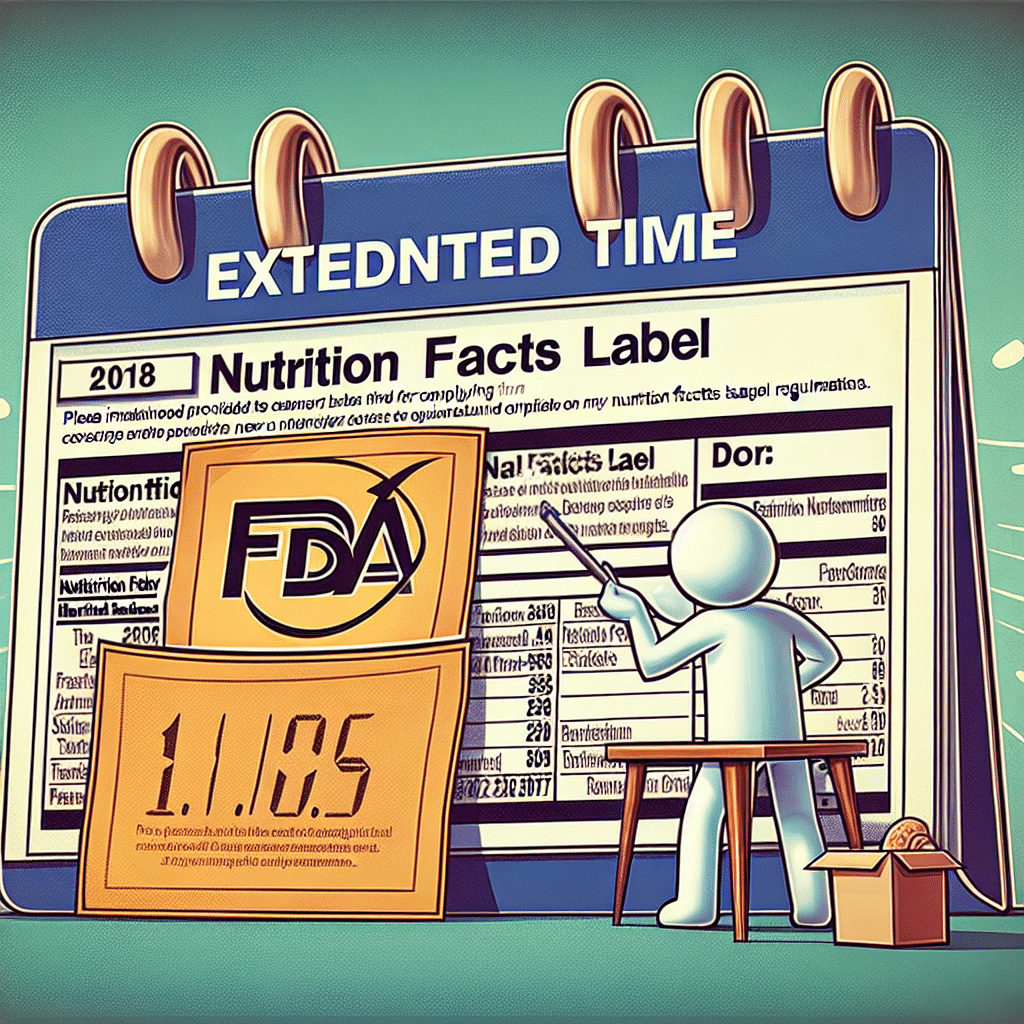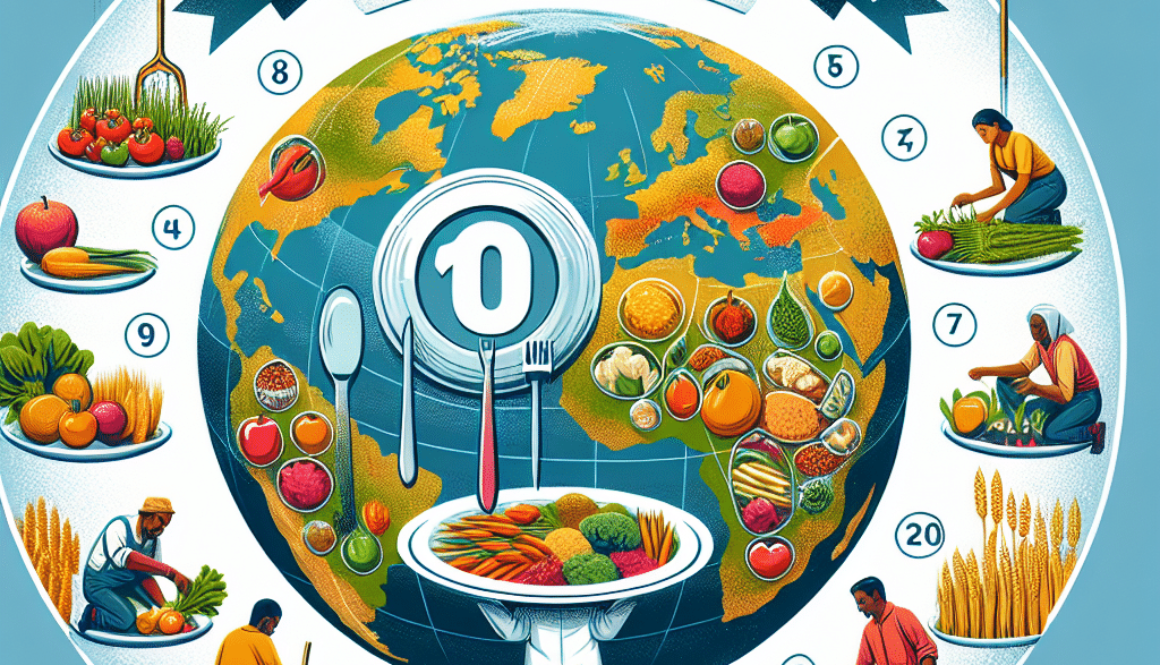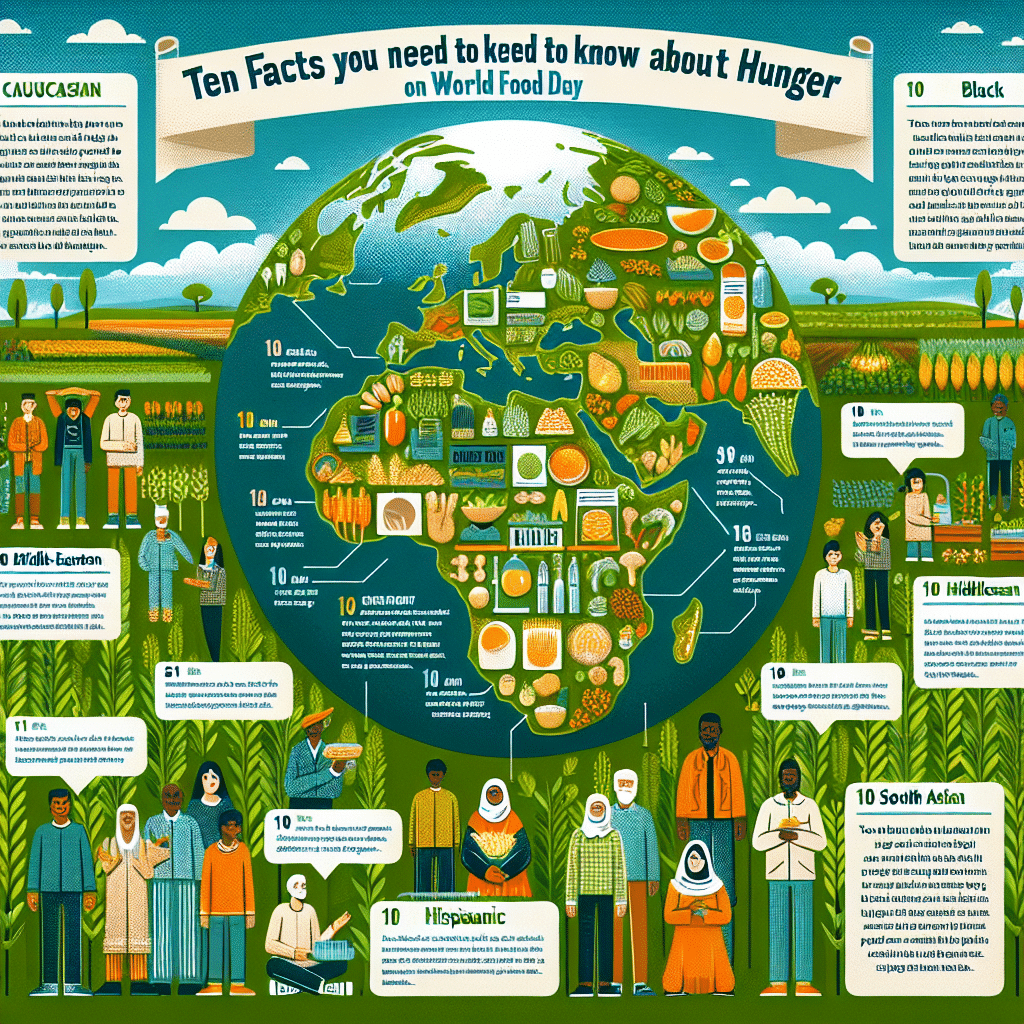More Evidence for Whole Grain Benefits in Kids
-
Table of Contents
- Whole Grain Benefits for Kids: A Comprehensive Analysis
- The Nutritional Powerhouse of Whole Grains
- Recent Studies Highlighting Whole Grain Benefits
- Case Study: Whole Grains and Academic Performance
- Statistics on Whole Grain Consumption in Kids
- Integrating Whole Grains into Children’s Diets
- Barriers to Whole Grain Consumption
- Conclusion: Embracing Whole Grains for a Healthier Generation
- Discover ETChem’s Protein Products for Kids
Whole Grain Benefits for Kids: A Comprehensive Analysis
Whole grains have long been a staple in diets around the world, but their specific benefits for children are becoming increasingly clear through scientific research. As parents and educators strive to provide the best for our younger generations, understanding the importance of whole grains in a child’s diet is crucial. This article delves into the latest evidence supporting the inclusion of whole grains in kids’ meals and how it can contribute to their overall health and development.
The Nutritional Powerhouse of Whole Grains
Whole grains are grains that contain all three parts of the kernel – the bran, germ, and endosperm – which means they provide more fiber, vitamins, and minerals than refined grains. They are a rich source of essential nutrients such as B-vitamins, iron, magnesium, selenium, and dietary fiber. These nutrients play a vital role in a child’s growth and development.
- B-vitamins are crucial for energy production and the development of the nervous system.
- Iron is essential for cognitive development and preventing anemia.
- Magnesium supports bone health and muscle function.
- Selenium acts as an antioxidant, protecting the body’s cells from damage.
- Dietary fiber aids in digestion and helps maintain a healthy weight.
Recent Studies Highlighting Whole Grain Benefits
Recent research has shed light on the specific benefits of whole grains for children. One study published in the Journal of Nutrition found that children who consumed whole grains had a lower risk of developing chronic diseases and were more likely to maintain a healthy weight. Another study in the American Journal of Clinical Nutrition linked whole grain consumption to improved digestion and gut health in kids.
Case Study: Whole Grains and Academic Performance
A groundbreaking study conducted in schools showed that children who started their day with a whole grain-rich breakfast performed better academically than those who consumed refined grains. The study suggested that the steady energy release from whole grains could help improve concentration and cognitive function.
Statistics on Whole Grain Consumption in Kids
Despite the known benefits, many children are not consuming the recommended amount of whole grains. According to the Whole Grains Council, only 8% of American children meet the daily recommended intake of whole grains. This highlights the need for increased awareness and education on the importance of whole grains in a child’s diet.
Integrating Whole Grains into Children’s Diets
Encouraging children to eat more whole grains can be a challenge, but there are strategies that can help make this transition easier:
- Start by substituting whole grain versions of familiar foods, such as bread, pasta, and rice.
- Include whole grains in snacks, like popcorn or whole grain crackers.
- Involve children in cooking with whole grains to pique their interest.
- Educate children on the benefits of whole grains through fun and interactive activities.
Barriers to Whole Grain Consumption
There are several barriers that can prevent children from consuming whole grains, including taste preferences, lack of availability, and higher cost. Overcoming these barriers requires a concerted effort from parents, schools, and policymakers to make whole grains more accessible and appealing to children.
Conclusion: Embracing Whole Grains for a Healthier Generation
The evidence is clear: whole grains offer numerous health benefits for children, from supporting growth and development to enhancing academic performance. By incorporating whole grains into kids’ diets and overcoming barriers to consumption, we can pave the way for a healthier, more vibrant generation.
Discover ETChem’s Protein Products for Kids
For parents looking to supplement their children’s diets with high-quality protein, ETChem’s protein products are an excellent choice. Their range of collagen products, including marine, fish, bovine, and chicken collagen, provides a neutral-tasting, instantly soluble protein source that can be easily integrated into a variety of foods and beverages. These products are ideal for supporting the growth and development of children, ensuring they receive the essential proteins they need for a healthy lifestyle.
About ETChem:
ETChem, a reputable Chinese Collagen factory manufacturer and supplier, is renowned for producing, stocking, exporting, and delivering the highest quality collagens. They include marine collagen, fish collagen, bovine collagen, chicken collagen, type I collagen, type II collagen and type III collagen etc. Their offerings, characterized by a neutral taste, instant solubility attributes, cater to a diverse range of industries. They serve nutraceutical, pharmaceutical, cosmeceutical, veterinary, as well as food and beverage finished product distributors, traders, and manufacturers across Europe, USA, Canada, Australia, Thailand, Japan, Korea, Brazil, and Chile, among others.
ETChem specialization includes exporting and delivering tailor-made collagen powder and finished collagen nutritional supplements. Their extensive product range covers sectors like Food and Beverage, Sports Nutrition, Weight Management, Dietary Supplements, Health and Wellness Products, ensuring comprehensive solutions to meet all your protein needs.
As a trusted company by leading global food and beverage brands and Fortune 500 companies, ETChem reinforces China’s reputation in the global arena. For more information or to sample their products, please contact them and email karen(at)et-chem.com today.

